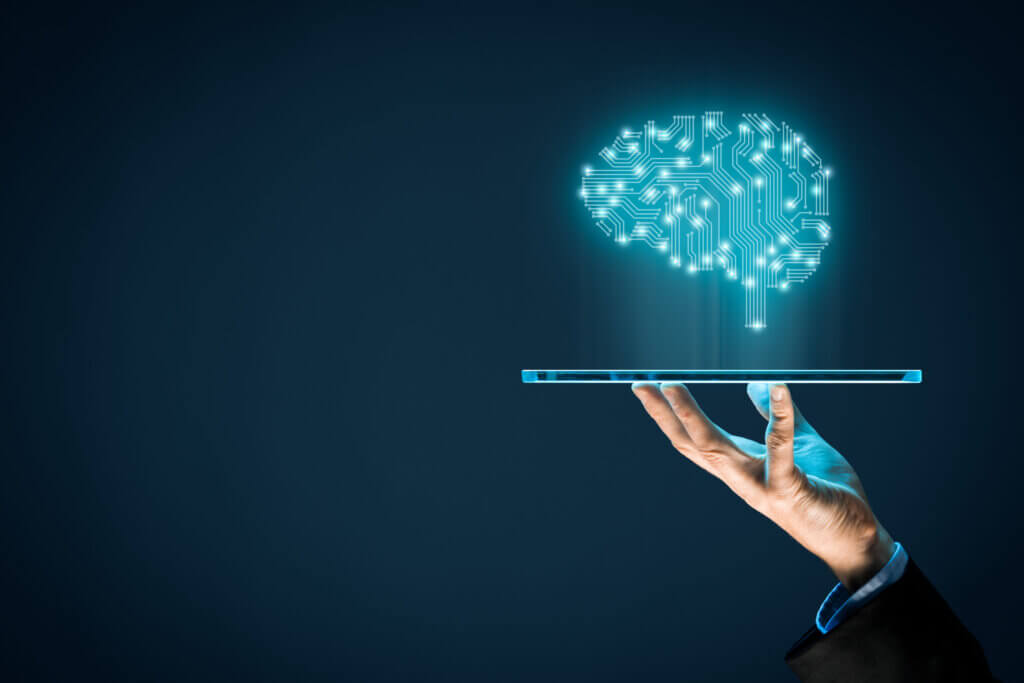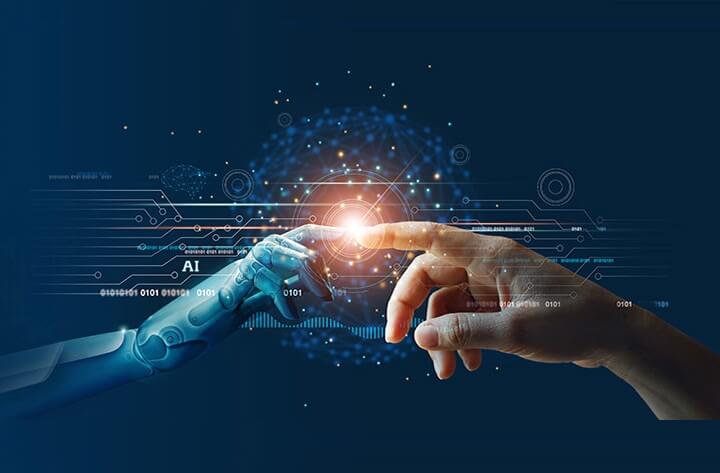AI in healthcare: A better support for patients and workforces

Machine learning and artificial intelligence (AI) are not just mere buzzwords in the healthcare industry anymore — they continue to present opportunities, not just for healthcare groups to innovate their systems but also for the benefit of their workforce and patients.
The COVID-19 pandemic has been the biggest battle the healthcare system has had in recent times, and the integration of AI surely has helped mitigate further risks it could have triggered.
Benefits of AI in healthcare

Using AI to improve patient care involves three main goals: reducing variability in practice, personalizing care, and delivering better outcomes at a lower cost.
Here are some insights for the benefits of AI in healthcare:
Analysis of data through AI allows for better understanding of patients’ needs.
It can be a daunting task for many healthcare professionals to analyze massive quantities of patient data. Tools can be utilized to help healthcare professionals make sense of existing data and bridge the gap between research and actual patient experience, thus improving overall clinical practice.
Using AI to analyze data also benefits hospitals — not only does it reduce diagnostic errors, it can also help save costs by preventing unnecessary retesting. And with the concept of feedback loop, data collected from healthcare professionals using AI tools can contribute to the overall healthcare community, which will better strengthen clinical decision-making across hospitals.
AI can improve drug safety monitoring
With AI, pharmaceutical companies can deepen their insights on the efficacy and adverse effects of drugs, allowing them to identify emerging trends in treatments and cures. Advancements in technologies have allowed healthcare experts to discover stronger medicines, reduce drug resistance, and develop new drugs to treat modern diseases. The development of vaccines for COVID-19 is a great example.
There is an opportunity to improve health behaviors with AI
Healthcare groups can encourage patients to change their behaviors and thus, improve their overall health with the help of AI.
For instance, dietary assessments can help devise personalized nutritional programmes for patients. This is useful for patients suffering from conditions primarily caused by poor nutrition. AI in wearables can also spur a change in behavior. Smart watches, as an example, have health and fitness tracking functionality. These smart watches also have features that can be used to monitor heart rate, sleep, stress levels, and water intake.
Benefits of AI in the healthcare workforce and processes
The benefits of AI does not end with improved patient outcomes — it can also drastically change how healthcare groups deal with processes. Here are some of the examples of the biggest uses of AI in the healthcare industry:
Automation of administrative tasks
AI can help improve administrative and operational workflow in healthcare systems by automating processes — this will allow groups to reduce the time it takes to accomplish routine tasks and focus on improving patient care. The process of patient endorsement is one of the areas that can hugely benefit from AI. Information dissemination through a chatbot, electronic capture of medical information, and digital storage of health records are some of the things AI can do in this area.
Health insurance companies can also rely on AI technology to enhance their process of evaluating claims, allowing for faster approvals and detection of issues.
Enhancement of diagnostics
By utilizing the powers of AI, healthcare professionals are better equipped to analyze symptoms, suggest treatments, and predict risks.
There are no limits as to how AI can be used in different areas of diagnostics — for instance, big data can help doctors suggest treatment to patients based on factors such as genetics and lifestyle.
Even in medical imaging, AI can be a great asset, as it can replace the need for physical samples with virtual biopsies. The technology is crucial in the development of the next generation of radiology tools.
Advancements in treatment
AI provides a significant boost in treatment, from improving cancer therapy to drug development. Algorithms can help predict outcomes of cancer treatment and can suggest which patients can benefit from certain procedures. In terms of drug development, virtual clinical trials are becoming more possible.
AI’s impact on the healthcare workforce

It has always been a big question whether AI will lead to machine and digital tools replacing some of the workers in the healthcare industry. The simple answer to this is no — instead of reducing the available opportunities for workers, AI actually opens up a world of possibilities for future healthcare professionals.
Burnout has become a critical issue among healthcare professionals since the pandemic started. The biggest promise of AI is to ultimately allow healthcare organizations to focus on patient care — with digital tools, repetitive tasks and administrative work are taken care of. AI has a lot of potential but there is one reason why it would never lead to the replacement of humans in the healthcare industry — humans have wisdom, empathy, and creativity. At most, AI will be able to improve the performance of healthcare professionals and help them provide the highest quality patient care.
Advertisement: De Vore Recruiting offers Healthcare Hiring Services for different medical and healthcare companies, organization and offices such as Nurses, Physicians and Assisted Living Staff. Go to this page and learn more: devorerecruiting.com/healthcare-hiring
